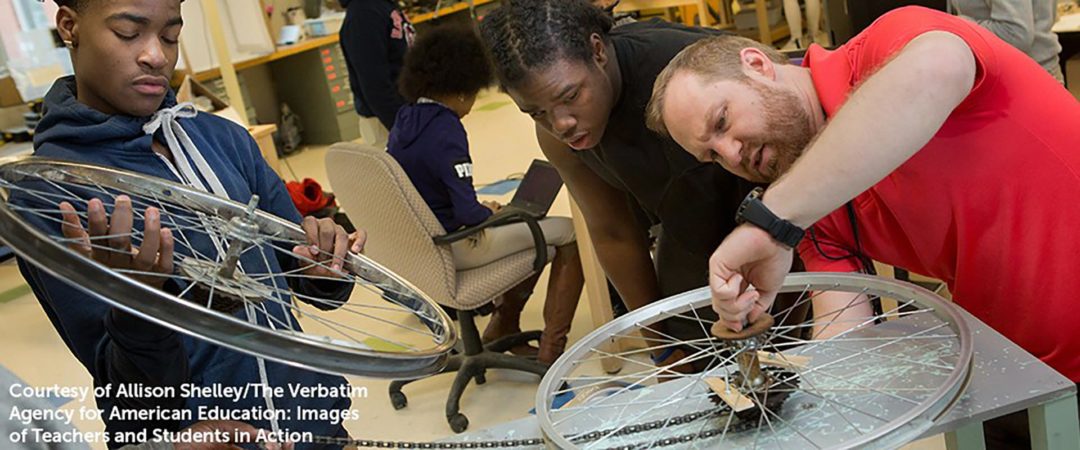This article originally appeared on Usable Knowledge from the Harvard Graduate School of Education. Read the original version here.
We’ve all heard the refrain expressed by high school students frustrated by trigonometry or centuries-old literature: “When am I ever going to need this?”
Families and teachers may be tempted to shrug off these sentiments. But teens’ perceptions of how their high school coursework connects to college and career — or doesn’t connect — may have more significance for their motivation and achievement than we think.
New research from the Harvard Graduate School of Education, Lynch School of Education at Boston College, and Medford Public Schools indicates that teens’ perceptions of the job market — whether or not they believe that jobs are scarce, or that their education will help them obtain a job — can significantly affect their decision to remain engaged in school. However, those beliefs aren’t necessarily fixed; this research also found that strong parental and school support can temper these beliefs in some circumstances, keeping students academically motivated.

